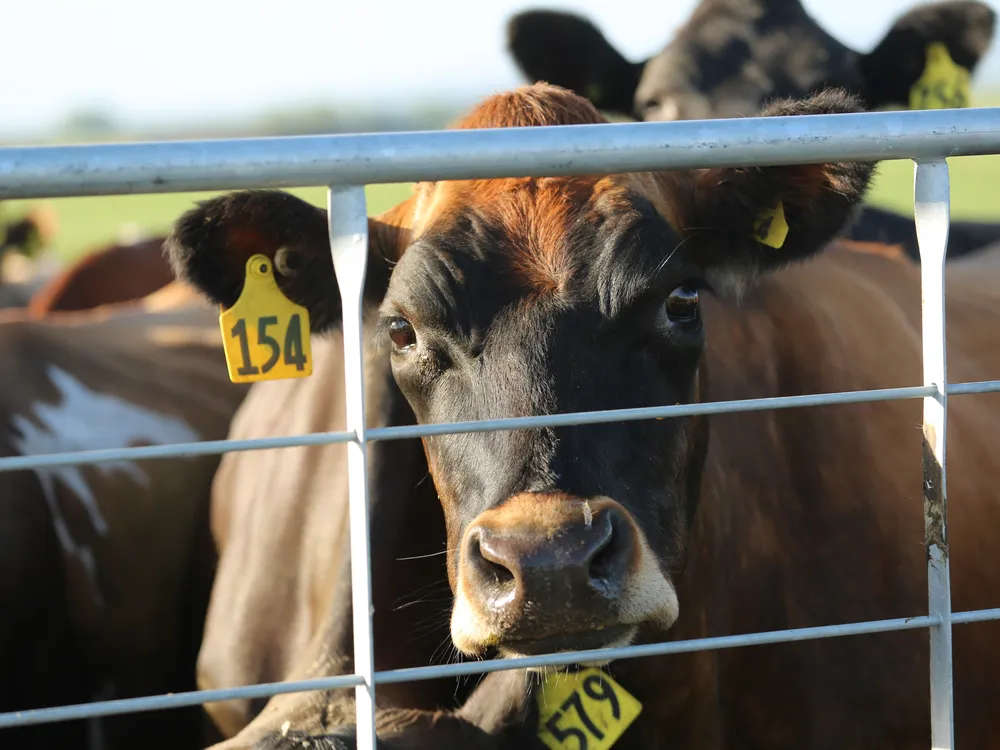Bird flu, or avian influenza, is spreading from birds to dairy cows across nine U.S. states, and scientists at Utah State University are making sure the public is well-informed.
The Biden administration announced on Friday a nearly $200 million funding allocation to combat the spread of the flu among dairy cows. The majority of these funds will be directed towards testing and laboratory fees. Each dairy farm could receive up to $28,000 to contain the virus and conduct testing. Additional funds will support vaccines, wastewater surveillance, and safeguarding the commercial milk supply.
“The risk to the public from this outbreak remains low,” stated Department of Health and Human Services Secretary Xavier Becerra during a press call about the funding, as reported by Reuters.
While the Utah Department of Agriculture and Food has received inquiries from the public regarding bird flu concerns, spokesperson Baylee Woolstenhulme reassured that they’ve been actively communicating with farmers statewide.
Tom Baldwin, a veterinary pathologist and director of the Utah Veterinary Diagnostic Laboratory, clarified that the virus does not cause fatalities in dairy cows nor necessitate mandatory slaughter by the USDA.
Bruce Richards, an assistant professor of animal science and USU Extension dairy specialist, emphasized that pasteurized milk and properly cooked meat remain safe for consumption, as the standard pasteurization process effectively deactivates the flu virus.
Even in the rare event of human infection, symptoms are generally mild, as evidenced by a Texas farm worker’s experience in April.
Despite minimal risk to humans, the virus poses a significant threat to livestock. Thus, the U.S. is taking precautionary measures to prevent its impact on people or food supplies.
Farmers are advised to watch for signs of illness in dairy cows, such as loose fecal matter, decreased milk production, and low fevers. Suspected cases should be isolated, and veterinarians contacted promptly.
Mass testing of healthy cows is unnecessary, according to Utah Veterinary Diagnostic Laboratory pathologist Carmen Lau, unless required for interstate trade or during disease outbreaks.
While avian influenza primarily affects birds, it can be fatal for chickens and certain species. A sudden increase in bird deaths, particularly exceeding 25% of a flock, could indicate an outbreak.
As summer approaches, bird flu transmission is expected to decrease due to reduced bird migration and warmer temperatures. However, a resurgence is anticipated in the fall with changing environmental conditions.















































